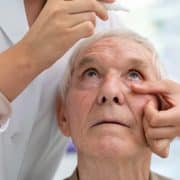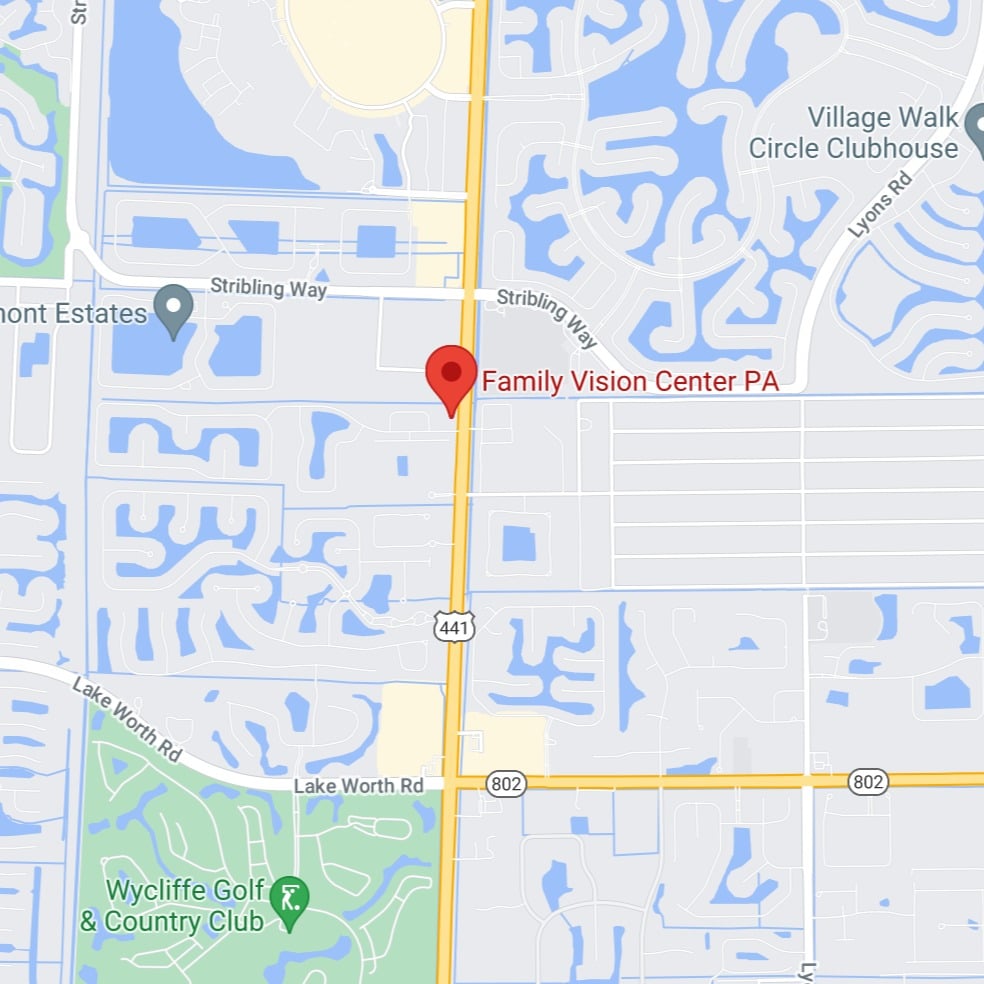Common Eye Diseases Among the Aging
With age sometimes comes a natural decline in visual acuity that’s related to a more serious condition. Your eye doctor in Wellington, FL, can help you care for your vision as you grow older by performing regular eye exams and diagnosing eye diseases in their earliest stages. Some of the more common eye conditions that affect older Americans include the following.
Age-Related Macular Degeneration
Age-related macular degeneration (AMD) affects the macula. This is the central portion of the retina that allows you to see fine details. It’s also responsible for your central vision. If you have AMD, you may notice that straight lines appear wavy or that your central vision seems blurry.
Diabetic Retinopathy
Diabetic retinopathy affects the retina. It occurs when high levels of sugar in the bloodstream block the tiny blood vessels that feed the retina. As a result, new, inferior blood vessels from that may leak or bleed, causing dark or empty spots to appear in your vision.
Cataracts
A cataract is a cloudy film that forms over the lens of the eye. This is a very common eye condition that affects nearly 50 percent of people aged 80 or older. When you develop a cataract, you may first notice that your vision seems cloudy, hazy, or lacks color.
Glaucoma
Glaucoma refers to an entire category of eye diseases that affect the optic nerve. Your optic nerve is the nerve that receives light signals from the retina and sends them onto the brain for interpretation. When something interferes with these signals, it becomes impossible for your brain to receive and interpret these images, resulting in total vision loss or difficulty seeing images on either side of your nose or face.
For help with eye disease brought on by normal aging in Wellington, FL, call Family Vision Center PA, today.



